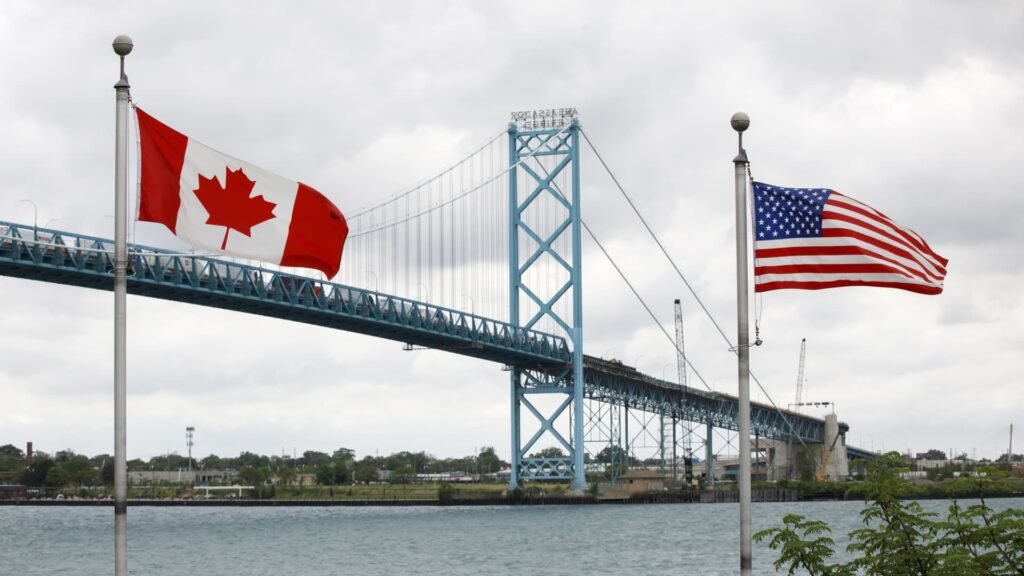
In this article, there is a growing concern that President-elect Donald Trump’s proposal to impose 25% tariffs on Canadian imports could pose a significant threat to Canada’s recovering automotive industry. The potential tariffs on vehicles and automotive parts are particularly worrisome for Ontario, the heart of Canada’s auto industry. Five major automakers – Ford Motor, General Motors, Stellantis, Toyota Motor, and Honda Motor – manufactured 1.54 million light-duty vehicles in the province last year, primarily for U.S. consumers.
Ontario Premier Doug Ford expressed his apprehension, stating that such tariffs would not only harm Canadian jobs but also American jobs. Tariffs are taxes on imports, paid by companies, which could potentially lead to increased costs for consumers. Ford emphasized that tariffs would raise prices, slow production, and result in job losses, as raw materials and parts cross the border multiple times before being used in vehicle assembly.
Trump’s plan includes imposing a 10% tariff on goods from China and a 25% levy on Canada and Mexico, citing “national security” concerns. The tariffs could add $600 to $2,500 per vehicle on parts from Mexico, Canada, and China, potentially increasing vehicle prices significantly. These developments could compound challenges for Canadian Prime Minister Justin Trudeau, who is already facing calls for his resignation.
Ontario, as the third-largest trading partner for the U.S., recently launched an ad campaign in the U.S. to highlight its role as a key trading partner. The province accounts for a significant portion of Canada’s auto exports and imports, with the U.S. being a major trading partner. Any disruption to this trade relationship could impact both sides of the border, according to industry experts.
The Canadian automotive industry has been on the rise after facing a decline, with production increasing to 1.54 million vehicles last year. However, challenges remain, including the transition to electric vehicles and uncertainties surrounding tariffs and trade policies. Ford emphasized the importance of collaboration between the U.S. and Canada, suggesting a united front against global challenges.







